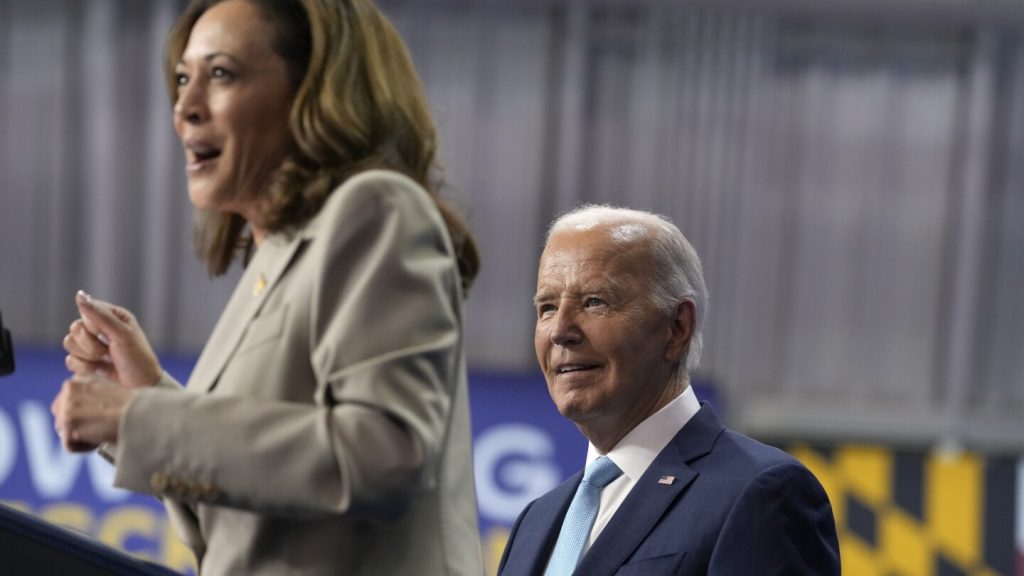Vice President Kamala Harris is focusing on the rising costs of food and housing in her economic policy speech in North Carolina, outlining plans to address these concerns if elected. She aims to implement a federal ban on price gouging on groceries and promote the construction of 3 million new housing units. Harris also intends to pass legislation to slow rent increases and provide $25,000 in down-payment assistance for first-time homebuyers. These initiatives align with President Joe Biden’s economic record and build on the administration’s efforts to address inflation.
Biden and Harris recently celebrated their success in cutting prescription drug prices through negotiations, resulting in significant savings for Medicare beneficiaries. The initiative was part of the Inflation Reduction Act, which Harris played a crucial role in passing with her tiebreaking vote. Biden commended Harris for her contribution and expressed confidence in her ability to lead as president in the future. While Biden has taken steps to address rising food prices, Harris is proposing additional measures to crack down on practices that contribute to high costs, such as data-sharing and price-setting tools used by landlords.
Consumer confidence surveys indicate that high prices remain a significant concern for Americans, especially lower-income individuals, despite a slight decrease in inflation. Prices are around 21% higher than pre-pandemic levels, with meat prices increasing significantly more. Supply disruptions during the pandemic and corporate consolidation in the meat processing industry have played significant roles in driving up prices. Although there are allegations of price gouging and price fixing in the industry, some economists argue that the cost of production and distribution has increased, leading to higher prices for consumers.
Harris’ proposals on price gouging come at a time when there are indications that the trend of “sellers’ inflation” is decreasing. Consumers are becoming more selective in their purchases and seeking out cheaper alternatives, resulting in more stability in grocery prices. While the meat industry has faced scrutiny for alleged price gouging, industry representatives argue that inflation is affecting various sectors, not just groceries. The head of the Meat Institute trade group believes that a federal ban on price gouging does not address the root causes of inflation and may not effectively alleviate the financial burdens on consumers.
As the 2024 election approaches, economic policies are taking center stage, with candidates like Harris proposing measures to alleviate the financial strain on Americans. Harris’ focus on addressing housing and food costs aligns with the concerns of voters, with many struggling to afford basic necessities. The debate over how to combat inflation and regulate prices continues, with differing perspectives on the underlying reasons for rising costs. Harris’ promises to tackle price gouging and promote housing affordability are part of a broader strategy to address economic challenges facing the country and strengthen consumer confidence.















